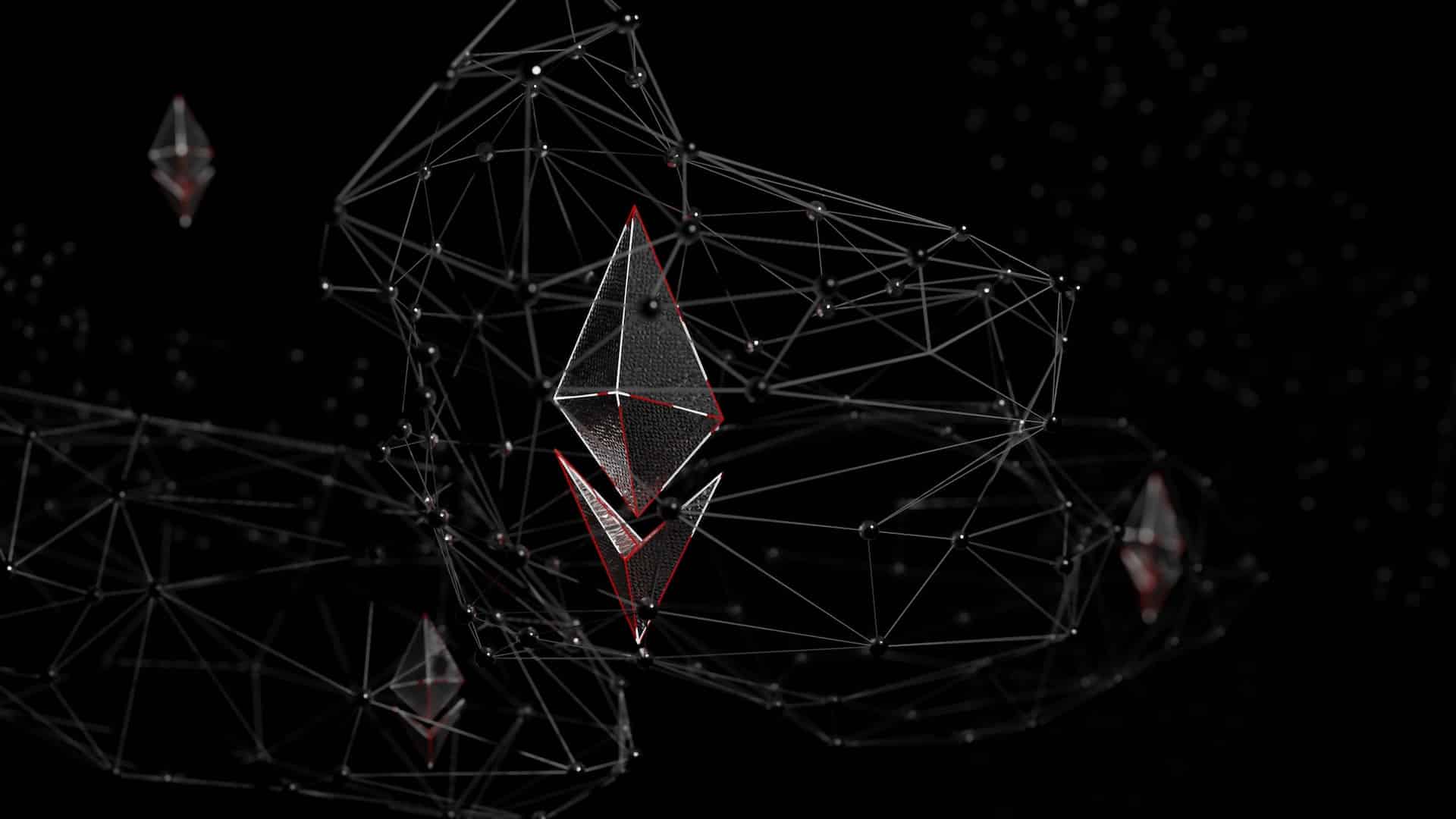Vitalik’s Contemporary EIP-7702 Draws Early Make stronger; Could well Be Included in Ethereum’s Subsequent Stressful Fork Toughen

Ethereum Improvement Proposal (EIP)-7702 has considered rising fortify among developers, builders, and researchers no longer up to a day after Ethereum co-founder Vitalik Buterin and three additional authors proposed it, a attainable signal the EIP will seemingly be included in the next laborious fork make stronger.
EIP-7702 enables “flash neat wallet accounts,” which are externally owned accounts (EOAs) that turn out to be neat wallets, briefly for one transaction. EIP-7702, wrote Jarrod Watts, developer household individuals engineer at Polygon, on X is “one of essentially the most impactful changes Ethereum is going to bear… EVER.”
EOAs are managed by their corresponding non-public key held by of us, whereas neat contract accounts are governed by coding common sense.
The introduction of EIP-7702 comes because the Ethereum community has had ongoing conversations about essentially the most optimum course to what’s called “tale abstraction,” in which all externally owned accounts turn out to be neat tale wallets.
EIP-3074 and EIP-4337
Namely, the Ethereum community has been going attend and forth about EIP-3074 and EIP-4337, both of which are supposed to make stronger Ethereum’s security and user expertise.
EIP-4337, which became as soon as deployed on mainnet Ethereum in March 2023, targets to create tale abstraction “without changes to the consensus layer protocol of Ethereum,” by enabling neat contracts to act as accounts, based mostly fully fully on EIP-4337’s GitHub web recount.
Whereas deployed on mainnet for over a year, the difficulty with EIP-4337 is that “EOAs are quiet essentially the most frail form of tale by a long way,” Watts wrote on X.
The dearth of migration among most modern customers from EOAs to neat contract accounts is going on for 2 causes, based mostly fully fully on Watts: of us don’t bear a technique to transform their EOA to a neat contract tale, they in most cases furthermore endure from “an absence of native fortify by Web3 apps to connect neat contract accounts.”
Which skill that, Ethereum developers gave the impact to EIP-3074 to clear up these problems. Per its GitHub web recount, EIP-3074 enables “externally owned accounts to delegate help an eye fixed on to a contract.” It’s meant to present non permanent efficiency enhancements to EOAs and act “as a stepping stone in opposition to corpulent [account abstraction],” said Lukas Schor, co-founder of wallet infrastructure maker Safe, in a dialog with Unchained.
Read More: EIP-3074 vs EIP-4337: Ethereum Developers Disagree on Endgame for Sage Abstraction
Whereas some had been pleased about EIP-3074’s planned inclusion in the next Ethereum laborious fork make stronger, others weren’t. Per the authors of EIP-7702, EIP-3074 no longer completely introduces new opcodes that might well perhaps well bear no voice in an international where all customers are at last utilizing neat contract wallets, but furthermore ends in fragmentation.
EIP-7702, which based mostly fully fully on Schor does what EIP-3074 is attempting to create, but better— namely, making improvements to the most fresh user expertise for those transacting onchain, as correctly as being a step in the right kind course in opposition to tale abstraction at the side of changing all present Ethereum customers’ accounts into neat accounts.
EIP-7702 “modifies EIP-3074 to create it leaner and further correctly matched with ERC-4337…in voice that we don’t rupture up with two separate [account abstraction] ecosystems,” Watts wrote on X. Per its GitHub web recount, EIP-7702 has ahead compatibility with future tale abstraction, attributable to “the contract code that customers would have to signal might well perhaps actually be present ERC-4337 wallet code.”
As such, Schor thinks EIP-7702, despite its nascent position, will seemingly be included in Ethereum’s next laborious fork make stronger, dubbed “Petra.” He indicated that EIP-7702 is rarely any longer completely favored by EIP-3074 proponents attributable to it solves the a linked points they want similar to a higher user expertise for present customers, but is furthermore “quite cherished” by EIP 4337 proponents attributable to its compatibility.
EIP 7702 feels fancy an device to making improvements to EOAs that is extra aligned with neat accounts and on the overall extra future proof: https://t.co/Dmx47ZTaYU
I feel it would potentially create extra sense to encompass in Pectra than 3074
— konradkopp.eth (@abstractooor) Could well 7, 2024
Quantum Resistance
EIP-7702 furthermore seeks to take care of the attainable advise stemming from the development of quantum computing, superpowered computers that rely on quantum mechanics.
Some Ethereum developers bear turn out to be focused on the likelihood that in 5 to 10 years, quantum computing will progress to the level where it can rupture the cryptographic algorithms called ECDSA frail to generate non-public keys, compromising the protection of a blockchain community. ECDSA, an acronym for “elliptic curve digital signature algorithm,” is broadly frail in many Ethereum-based mostly fully fully crypto protocols to overview digital signatures for transactions.
“The utterly device to creep faraway from that is to no longer bear ECDSA based mostly fully fully non-public keys controlling user wallets, and that is solved by inspiring customers to neat accounts [through EIP-7702], attributable to then you might perhaps well perhaps voice varied cryptographic curves [and] varied signing schemes which would be great stronger cryptographically and are quantum resistant,” said Schor.
Source credit : unchainedcrypto.com
